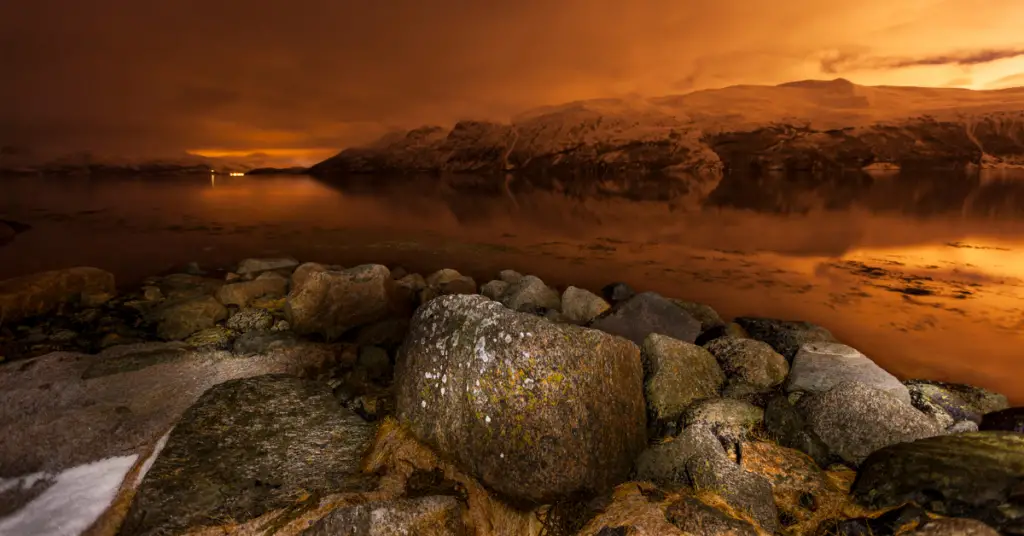Light pollution describes the addition of excessive, prolonged, or poorly designed artificial light to the natural world. As a consequence of an increasingly industrialized world, light pollution has increased dramatically over the past decades as more people have gained greater access to electricity.
Behavioral disruption is perhaps the most well-known consequence of increased light pollution—consider all the moths and other nocturnal insects (and predatory insects, such as bats and geckos) attracted to artificial night lights. Light pollution also interferes with the navigational abilities of nocturnal species, which often use stars, the moon, and light reflection from water surfaces for orientation.
For example, work in Gabon has shown how artificial lights disorient baby sea turtles trying to reach the sea, while others have highlighted the significance of light-induced seabird mortality.
Systemic impact of thousands of lights each night has far-reaching impacts on the ecosystem when you consider the cumulative impact of reduced reproductive performance, disrupted predator prey dynamics, and disrupted nocturnal pollination services out of the thousands of organisms affected each night.
Light pollution also disrupts the natural day-night cycles with which most species have evolved. These disturbances interfere with circadian rhythms, which negatively affect the physiology of living organisms. For example, one study showed that nighttime light pollution disrupts natural sleep patterns. birds, leaving affected individuals more vulnerable to malaria infections.
Circadian rhythm disruptions due to light pollution (especially high frequency “blue” light) also affect humans by increasing stress, fatigue, anxiety, and susceptibility to obesity and cancer.
It is important to note that light pollution does not mean the use of light is inherently negative: the light has played and will continue to play an important role in our daily lives. However, this means we need to be more mindful of the consequences of light pollution and put in place measures to mitigate its impacts on the natural world and our lives.

Erzsebet Frey (Eli Frey) is an ecologist and online entrepreneur with a Master of Science in Ecology from the University of Belgrade. Originally from Serbia, she has lived in Sri Lanka since 2017. Eli has worked internationally in countries like Oman, Brazil, Germany, and Sri Lanka. In 2018, she expanded into SEO and blogging, completing courses from UC Davis and Edinburgh. Eli has founded multiple websites focused on biology, ecology, environmental science, sustainable and simple living, and outdoor activities. She enjoys creating nature and simple living videos on YouTube and participates in speleology, diving, and hiking.

